Look at the stars. Look how they shine for you. And everything you do.
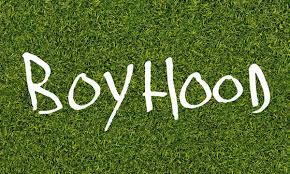 I woke up way too early this morning with that haunting Coldplay melody stuck in my head. My eyes were soaked. Emotions drained. Not quite depressed, but especially melancholy. I’m pretty sure why.
I woke up way too early this morning with that haunting Coldplay melody stuck in my head. My eyes were soaked. Emotions drained. Not quite depressed, but especially melancholy. I’m pretty sure why.
I was affected.
Last night we went and checked out a flick called Boyhood. If you haven’t heard of it yet, you will soon. Written and directed by Richard Linklater, it stars Patricia Arquette, Ethan Hawke, and a handful of unknowns, including a couple young newcomers named Ellar Coltrane and Lorelei Linklater, Richard’s own daughter.
The movie began as a narrative experiment Linklater cooked up back around 9/11. As he explains it, he wanted to tell a story of childhood, but he couldn’t quite decide on which moment to narrow in on. In an epiphany, he had the idea to chronicle the life of one boy, from first grade all the way through high school graduation, filming a couple weeks per year for twelve years. With the same actors. If he were to pull it off, the film would have a unique time-lapse effect, resulting in an experience unlike anything anybody’s ever experienced on screen.
He pulled it off in spades.
The story begins in 2002, and ends in 2013. Coltrane plays Mason. We see his whole boyhood unfold through his eyes, as if we’re looking over his shoulder at his own memories. Lorelei Linklater plays his big sister two years his senior; Arquette and Hawke play Mom and Dad.
As the story begins, Mom and Dad have already gone through a divorce, the details of which are intentionally kept vague. The kids, now ages 6 and 8, live with Mom. We gather that Dad never quite got his act together to be a responsible father, yet is an inherently decent enough guy to do what he can to stay in his children’s lives. Mom struggles with her career, is unlucky in love, and sacrifices her own happiness to ensure the well-being of her kids. She’s the rock of the story; the movie could very well have been entitled Single Motherhood. (Expect an Oscar nomination for Patricia Arquette.)
The movie continues as a series of vignettes, collectively amounting to a sweeping nearly-three-hour examination life.
What was so profound about the movie for me is how it didn’t fully sink in until the next day. On the surface, as you’re experiencing it, there’s arguably nothing much going on storywise. There’s no clear inciting incident, there’s no “all is lost moment”. It’s not driven by the type of life-shaking events you’d expect from a life story: the dog dying, the near-fatal car crash, the fight with the bully, the losing of virginity, the hitting the home run to win the game. Boyhood instead presents itself as an unfocused mishmash of life’s personal yet otherwise uneventful moments, not unlike the moments stuck in our own memories. Like staying up till midnight with friends. Or recovering from the horrible haircut. Or having that private pep talk with a teacher who saw your potential. Or getting reprimanded by your first boss.
It’s not that Mason didn’t experience life-shaking moments that would make for good storytelling. He most certainly did. But we didn’t need to see them in this film. They would almost defeat its purpose.
And that’s the quiet genius of Boyhood. The mundaneness. What Linklater’s done here is spark our own memories, crafting a unique narrative that gets out of the way and allows us pull our own life story from the deepest part of ourselves. Everybody’s got one.
Any person who knows me knows the obsession I have with the passing of time. I’d even go so far as to say it’s been a lifelong struggle; for as long as I can remember, my mind has been constantly distracted by its natural tendency to calculate hours, days, weeks, years. Boyhood struck this chord of mine hard, and it’s still ringing.
Whether you did your childhood years from 1949-1960, or from 1976-1987, or from 2002-2013, you’ll identify with Boyhood in surprising ways. It’ll remind you just how fleeting life is, and how incomparably significant that finite twelve-year window of childhood was. Once we hurried across that threshold into the chaotic realm of young adulthood and beyond, I wonder how many of us paused for a few hours to look back on those twelve years as one collective moment.
Check out Boyhood and prepare yourself for a reflective cruise across the entire spectrum of human emotions, from sadness to laughter to anger to love. It’ll make you appreciate the little things, and may even make you want to hug somebody. It’s a celebration of life.
We only get one.

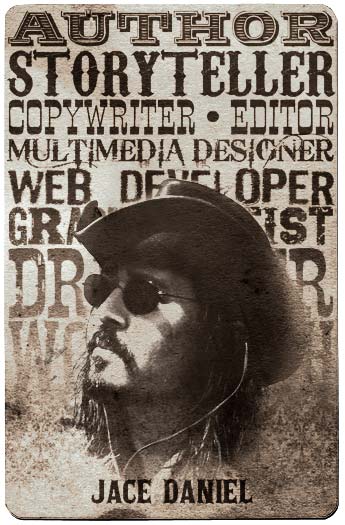


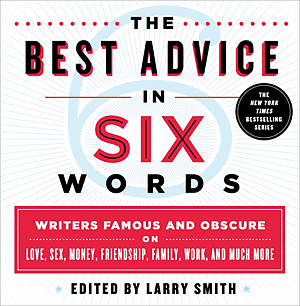
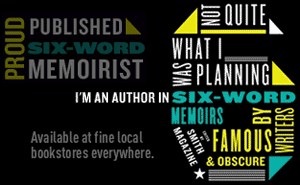
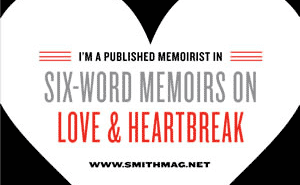
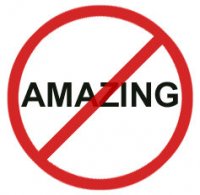

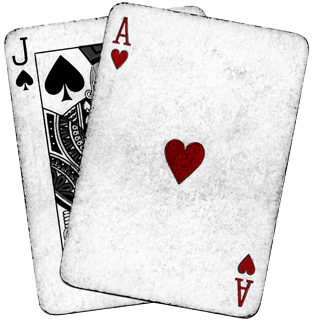
Comments on this entry are closed.